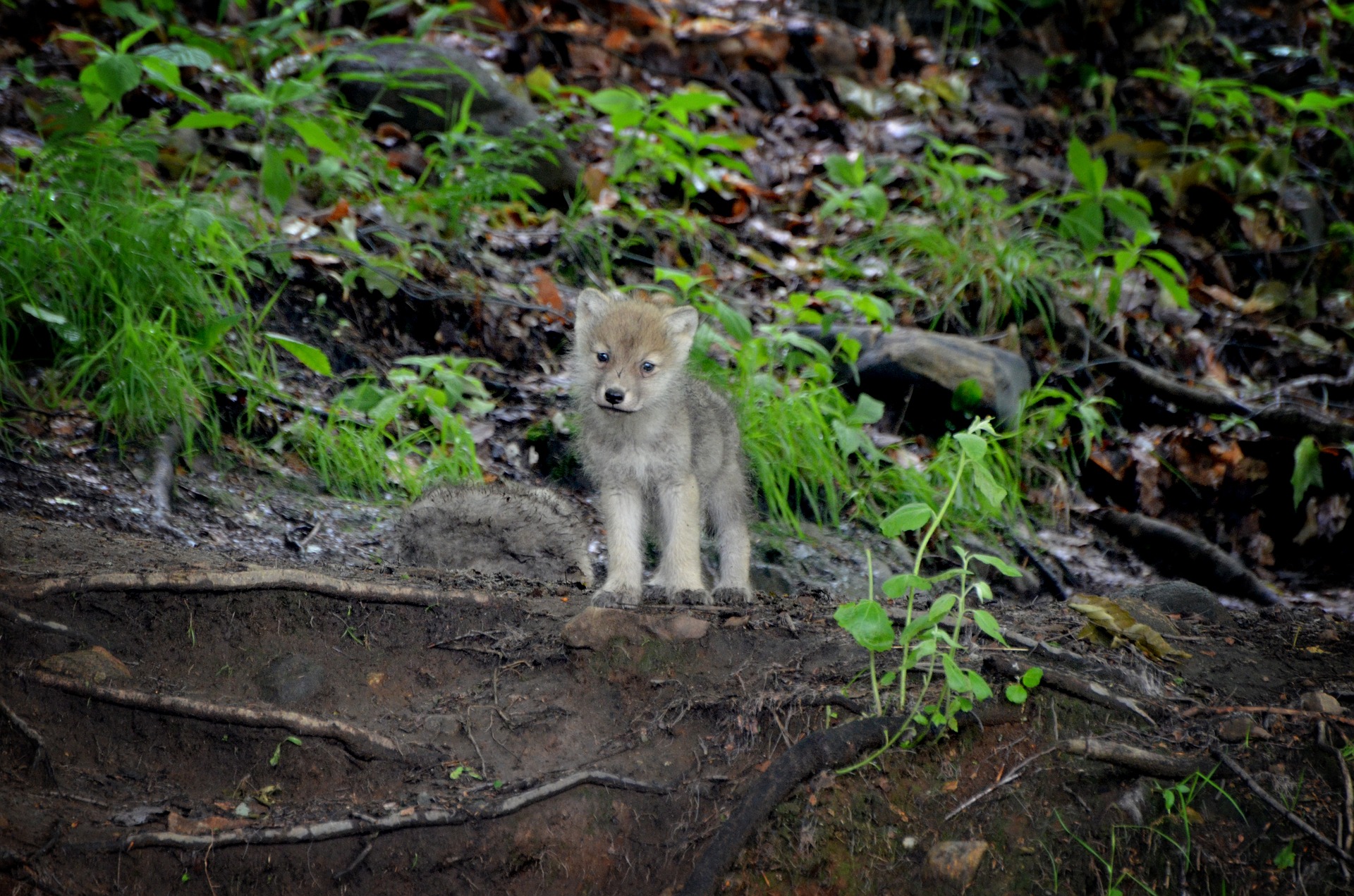The Buzz About Bees
Bees are all around us. You can spot them all across Canada, wherever there are flowers to pollinate. Bees contribute enormous value to society; their pollination is a crucial part of agriculture. According to a 2014 report by the U.S. government, Honey Bees alone contributed $15 million to the American economy—and let’s not forget about that delicious honey!
Bees in Canada
Bees are very diverse; there are around 40,000 different species around the world. In this country alone, there are around 1,000 different species of bees. Some have been here for a long time, while others are new arrivals. Honey Bees, for example, made the trip with European settlers when they first came to Canada. You can also find Bumblebees and many others.
Introverts and Extroverts
While Honey Bees and Bumblebees are famous for their hives and social behaviour, many species of bee aren’t social at all. In fact, of all the different types of bee out there, only around 500 live in colonies. The others prefer to mind their own beeswax. Miner Bees, for example, carve out little nests in the ground for themselves, while Megachile Bees make their homes in dead plant stems.
Conservation
The number of bees around the world has been dwindling in response to numerous threats, known as Colony Collapse Disorder. While it’s a complex problem, we know that two of the main contributors are loss of habitat and use of dangerous pesticides.
Environmental groups are calling on governments to ban the use of dangerous pesticides. In Canada, we are asking the government to ban neonics which impacts both birds and bees! You can help bees and birds by signing our petition today!
To study how bees’ North American habitats are changing, a citizen-science project called Bumblebee Watch is asking regular people to document bee sightings.
Another group, Wildlife Conservation Canada, is working on creating captive breeding colonies of yellow-banded Bumble Bees.
Fun Facts
- Bees are the only insect that make food that people eat.
- Bees can recognize human faces.
- Bees’ brains can “age in reverse”.
- Bees love caffeine.
- Honey Bees can fly at a speed of 24 km/hr.
- One worker bee will make around 1/12th of a teaspoon of honey in its lifetime.
- Bees make different colours of honey, depending on where the nectar



